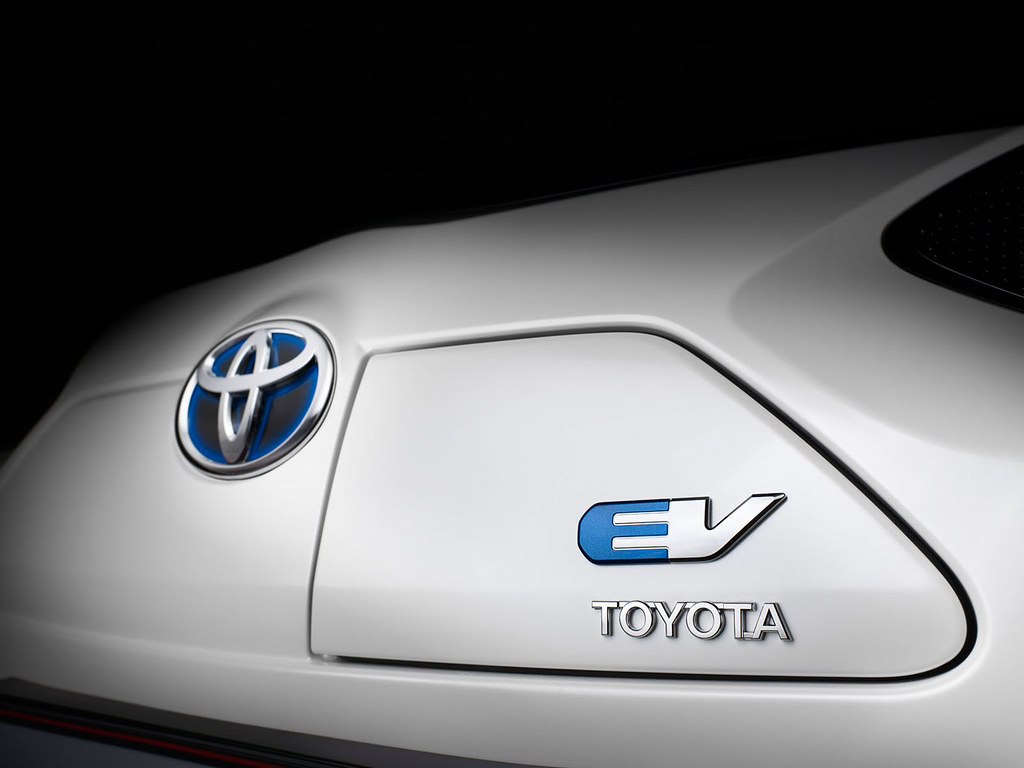How Toyota and Suzuki will thrill

Suzuki and Daihatsu will invest in Toyota's joint venture on electric and self-driving cars. The project will focus on commercial vehicles and compact cars
Japanese carmakers Suzuki and Daihatsu have decided to invest in the electric vehicle joint venture formed last April by Toyota and two other Japanese companies: Hino and Isuzu.
All the companies will therefore collaborate in the research and development of advanced technologies for the electrification of mobility and the automation of driving.
THE QUOTAS OF SUZUKI AND DAIHATSU
Suzuki and Daihatsu will each acquire a 10 percent stake in the joint venture, equal to those of Isuzu and Hino. Toyota, on the other hand, owns a 60 percent stake.
WHAT THE TOYOTA PRESIDENT SAID
Toyota president Akio Toyoda said Suzuki and Daihatsu's entry into the project will allow "to expand our circle of cooperation to include not only commercial vehicles, but mini vehicles as well."
The alliance launched by Toyota, Suzuki and Daihatsu – called Commercial Japan Partnership Technologies Corporation – was in effect focused on commercial vehicles such as vans.
WHAT SUZUKI DOES ABOUT ELECTRIC CARS
Suzuki, on the other hand, mainly produces compact cars and – according to recent revelations by the Japanese newspaper Nikkei – will release its first pure electric vehicle by fiscal year 2025. Initially in India, the most important market for the company, and later in Japan. and in Europe. It will cost 1.5 million yen (about 11,600 euros) or less, given the purchase incentives offered by the Indian government.
India is the world's fifth largest auto market, and Suzuki has a 50 percent share in it. The country wants 30 percent of new cars sold to be electric by 2030. Suzuki is building a lithium-ion battery factory with Toshiba and Denso, a Japanese component company.
In recent months, the company had announced an investment of one trillion yen (7.6 billion euros) by March 2026 in research and development in electric mobility.
“Electrifying” compact cars is a challenge: manufacturers have to balance the need to install large batteries – which offer greater driving range, but take up space – without sacrificing the small size of these cars.
TOYOTA'S SKEPTICISM ABOUT ELECTRIC CARS
Toyota has been rather skeptical of "pure" electric cars, focusing more on hybrids and fuel cell (hydrogen) ones.
Last December, President Toyoda stood out for some statements on electric vehicles and – above all – on the costs of a too rapid transition to electric, which would collapse traditional automotive industries. He said that electric cars are prohibitively expensive for most people (even though battery prices are falling) and that their climate impact will be very high if electricity grids are not decarbonised (which is happening, with graduality).
TOYOTA AND BATTERIES IN A SOLID STATE
In addition to cars, Toyota is an important manufacturer of solid-state batteries : these are batteries that, unlike lithium-ion batteries – the most common -, use a solid and non-liquid electrolyte. This feature guarantees them greater safety, as they are not flammable, and also better performance in terms of duration and charging times.
Solid state batteries are considered the future, but making them is still difficult. For example, it is difficult to ensure sufficient and constant contact between the solid electrolyte and the positive and negative electrodes: in lithium-ion batteries it is simple, because the liquid electrolyte fills the spaces between the electrodes and allows the passage of ions. The other difficulty is related to large-scale manufacturing costs.
This is a machine translation from Italian language of a post published on Start Magazine at the URL https://www.startmag.it/smartcity/toyota-suzuki-joint-venture-auto-elettriche/ on Wed, 21 Jul 2021 10:02:37 +0000.
